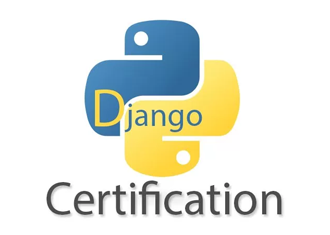Python Certification Training
SUPPORT TOLL FREE NO : 1-312-4769-976
Avvacado Tech Info Python course helps you gain expertise in quantitative analysis, data mining, and the presentation of data to see beyond the numbers by transforming your career into Data Scientist role. You will use libraries like Pandas, Numpy, Matplotlib, Scipy, Scikit, Pyspark and master the concepts like Python machine learning, scripts, sequence, web scraping and big data analytics leveraging Apache Spark.
Hadoop Market is expected to reach $99.31B by 2022 at a CAGR of 42.1% -Forbes

 549
549 404
404
During this Python online course, our experts instructors will help you: Get Python certification post completion of this course
It's continued to be a favorite option for data scientists who use it for building and using Machine learning applications and other scientific computations. Python cuts development time in half with its simple to read syntax and easy compilation feature. Debugging programs is a breeze in Python with its built-in debugger.
It runs on Windows, Linux/Unix, Mac OS and has been ported to Java and .NET virtual machines. Python is free to use, even for the commercial products, because of its OSI-approved open source license. It has evolved as the most preferred Language for Data Analytics and the increasing search trends on Python also indicates that it is the " Next Big Thing "and a must for Professionals in the Data Analytics domain.
There is a booming demand for skilled data scientists and machine learning with Python professionals across all industries that make this course suited for participants at all levels of experience. We recommend this Python course especially for the following professionals: Below are the professionals which should definitely take this course.
There are no hard pre-requisites. Basic understanding of Computer Programming terminologies is sufficient.
Also, basic concepts related to Data analysis are beneficial but not mandatory.
You will also get familiar with basics of statistics during the course.
Topics:
Hands On:
Topics:
Hands On:
Topics:
Hands On:
Topics:
Hands On:
Topics:
Hands On:
Topics:
Hands On:
Topics:
Hands On:
